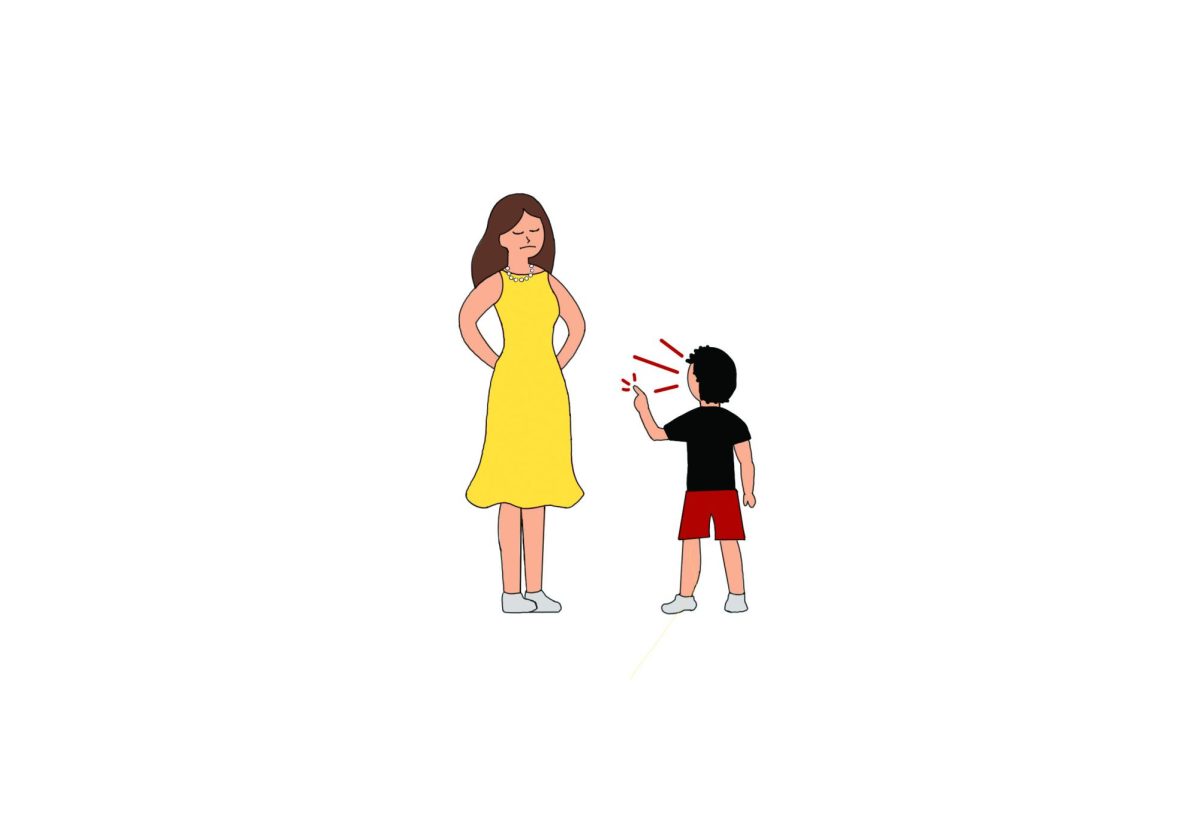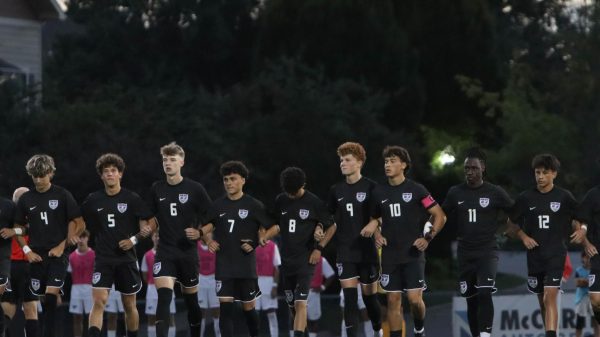Avoiding accountability
The allegations against University of Louisville (U of L) highlight the importance of holding university hierarchy to a higher standard and preventing student athletes from being penalized for the actions of others.
February 21, 2016
They say with great power comes great responsibility. Well, time and time again I’ve seen coaches, athletic departments and universities abuse their power in very irresponsible and unacceptable ways. I’m tired of seeing university officials make decisions that are selfish and ignore the interests of the student athletes.
After an ongoing investigation into a sex scandal with Louisville’s men’s basketball team, the university announced a self-imposed postseason ban on the team just two weeks ago. According to the report, a former coach, Andre McGee, provided free tickets and cash to escorts in exchange for dancing for and having sex with Louisville players and recruits from 2010-14. While a large portion of the blame may be placed on McGee, I believe that these accusations and events should open our eyes to the fraud of a system that the NCAA has created in collegiate athletics. Despite their self-imposed ban, the U of L is still under investigation by the NCAA and will likely still be penalized by the NCAA.
While U of L head coach Rick Pitino said that he had no knowledge of these events ever happening when the news was first reported – a claim that may or may not be true – it’s about time that we hold coaches, athletic directors and university hierarchy to a higher standard. I don’t have a problem with universities being penalized for their infractions, but I do have a problem with current student athletes taking the brunt of the penalties in cases in which the cause of the problem is primarily the coaches’ and/or former players’ who have no interaction with current athletes.
After administration at U of L announced its intentions with the postseason ban, Atlantic Coast Conference (ACC) commissioner John Swofford said that he backed the school for taking a “proactive” measure. I can’t comprehend why, in these situations, conference commissioners and other major powers in collegiate athletics continue to applaud schools that choose to cover their behinds rather than thinking about the current players – who have nothing to do with the scandal. But then again, why would they want to? Within the NCAA’s current system, coaches are basically held unaccountable for the actions of their program; instead they get off the hook by throwing their players under the bus and are not penalized at all.
The sad and disheartening part of this story is the fact that two players on the team who transferred to Louisville from smaller, division one schools for the opportunity to play in the NCAA tournament just once won’t get that opportunity. Seniors Damion Lee and Trey Lewis, graduate transfers from Drexel and Cleveland State respectively, will be robbed of their sole opportunity to play in the postseason, a season in which Louisville ranked 18 in the AP Top 25 College Basketball Poll and had a chance to make a deep run in March. While these players had nothing to do with this issue and were leading the team toward a potential ACC title and an NCAA tournament berth, the school threw that opportunity out the window in an effort to receive lesser penalties from the NCAA.
So the next time a school’s coaching staff or players who haven’t been at the school for multiple years do something wrong, how about we penalize the people who should be taking responsibility for these actions? Instead of letting coaches and administration hide behind penalties that hurt players who had nothing to do with these incidents, let’s hold them accountable to the powerful positions they hold. Anyone who has ever been a part of a team knows that without the accountability of your best players and coaches, the team will not be successful, because without accountability there lacks a true unity of everyone involved. It’s disappointing to me that in a world in which we as students, athletes and employees are constantly reminded to take responsibility for our actions – that people holding powerful positions are not held to the same level of responsibility.











